All About Plants -> intestines
Intestines
The intestines are an important part of the digestive system in the human body. They are responsible for the digestion and absorption of nutrients from the food we eat.
Types of Intestines
There are two main types of intestines: the small intestine and the large intestine.
Small Intestine
The small intestine is where most of the digestion and absorption of nutrients takes place. It is about 20 feet long and is divided into three parts: the duodenum, the jejunum, and the ileum.
Large Intestine
The large intestine is wider in diameter but shorter in length compared to the small intestine. Its main function is to absorb water and electrolytes from the remaining food matter and to form and expel feces. It is divided into the cecum, colon, and rectum.
Functions of the Intestines
- Digestion: The intestines break down food into smaller molecules so that the body can absorb them.
- Absorption: The walls of the intestines absorb nutrients such as carbohydrates, proteins, fats, vitamins, and minerals into the bloodstream.
- Elimination: The intestines eliminate waste products and undigested food as feces.
Study Guide
Here are some key points to remember about the intestines:
- Identify the main types of intestines in the human body.
- Understand the functions of the small intestine and the large intestine.
- Explain the processes of digestion, absorption, and elimination carried out by the intestines.
For a more in-depth understanding, it's important to learn about the structure and specific functions of each part of the small intestine and the large intestine. Additionally, studying the role of beneficial bacteria in the intestines and the impact of diet on intestinal health can provide a comprehensive understanding of this topic.
Now that you have a basic understanding of the intestines, you can continue to explore this fascinating part of the human digestive system.
[Intestines] Related Worksheets and Study Guides:
.◂Science Worksheets and Study Guides Kindergarten. All About Plants
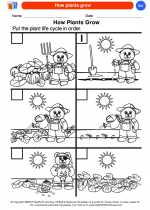
 Coloring Worksheet
Coloring Worksheet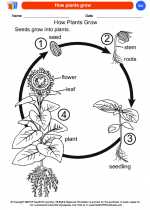
 Coloring Worksheet
Coloring Worksheet
 Coloring Worksheet
Coloring Worksheet
 Coloring Worksheet
Coloring Worksheet
 Coloring Worksheet
Coloring Worksheet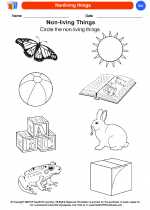
 Coloring Worksheet
Coloring Worksheet
 Coloring Worksheet
Coloring Worksheet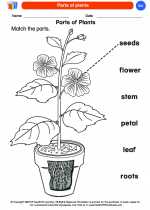
 Coloring Worksheet
Coloring Worksheet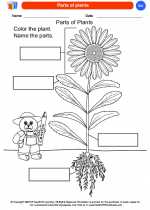
 Coloring Worksheet
Coloring Worksheet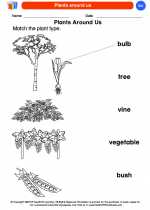
 Coloring Worksheet
Coloring Worksheet
 Coloring Worksheet
Coloring Worksheet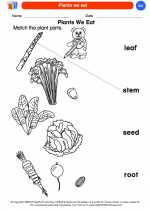
 Coloring Worksheet
Coloring Worksheet
 Coloring Worksheet
Coloring Worksheet
 Coloring Worksheet
Coloring Worksheet
 Coloring Worksheet
Coloring Worksheet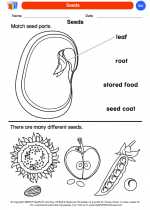
 Coloring Worksheet
Coloring Worksheet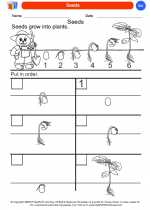
 Coloring Worksheet
Coloring Worksheet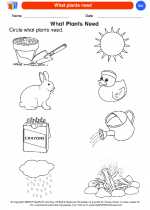
 Coloring Worksheet
Coloring Worksheet
